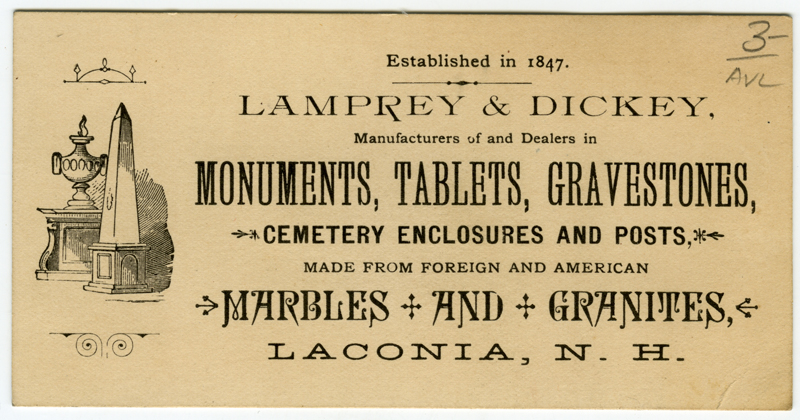Associated Industries of Massachusetts Collection
Founded in 1915, the Associated Industries of Massachusetts (AIM) is the largest non-profit, nonpartisan association of employers in the state and a “voice for business.” As a lobbying organization, the AIM focuses on issues affecting employers of all size in the state with goal of supporting job growth and economic activity and advocates for fair and equitable public policy. The organization also provides services for management and human relations professionals to increase workforce productivity and to improve workforce recruitment and retention.
Approximately half of this small collection consists of AIM newsletters from the 1940s and 1950s, with the other half consisting of newsletters relating to lobbying efforts in the early- to mid-1980s.


 The AGS publications,
The AGS publications, 